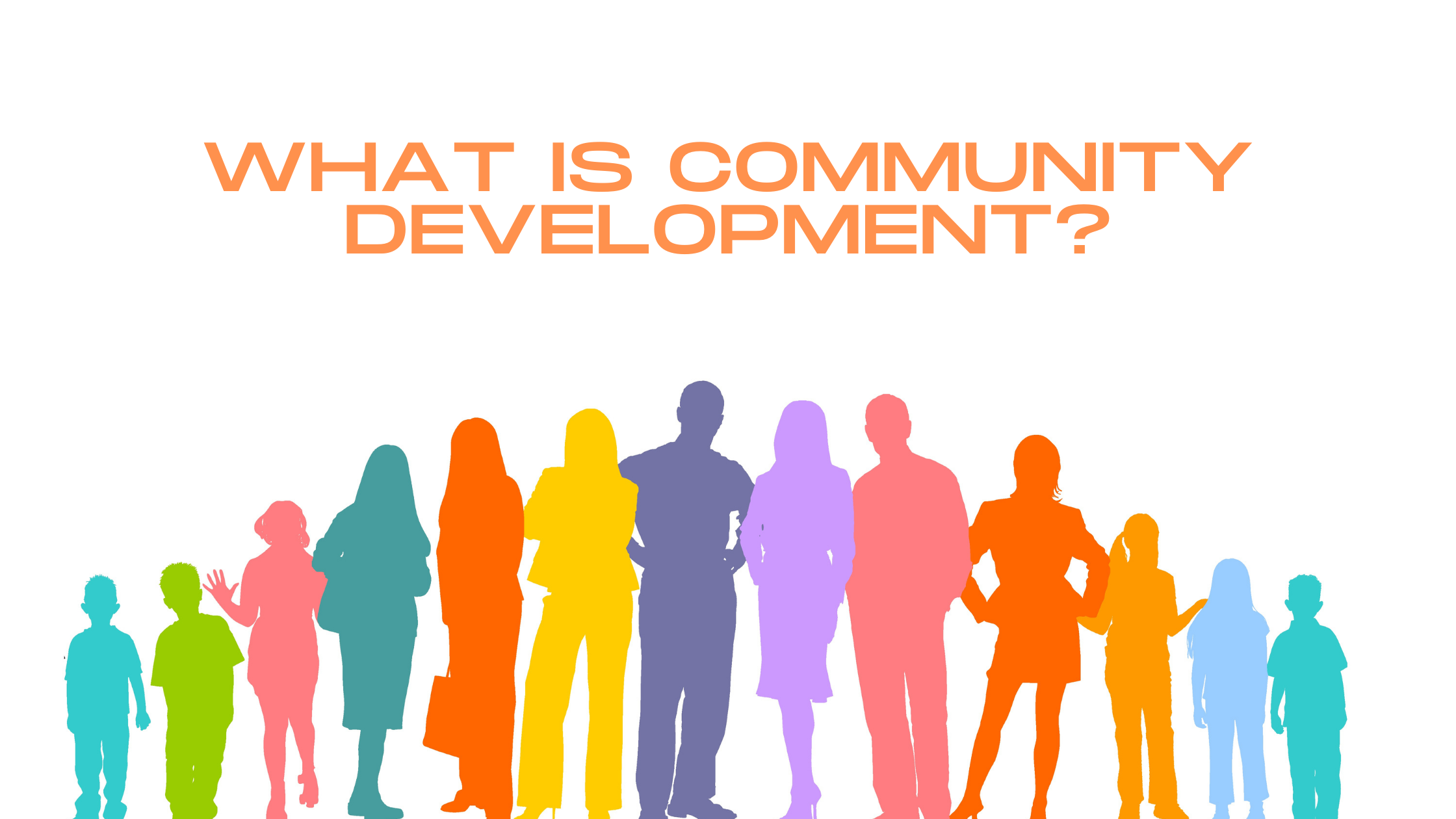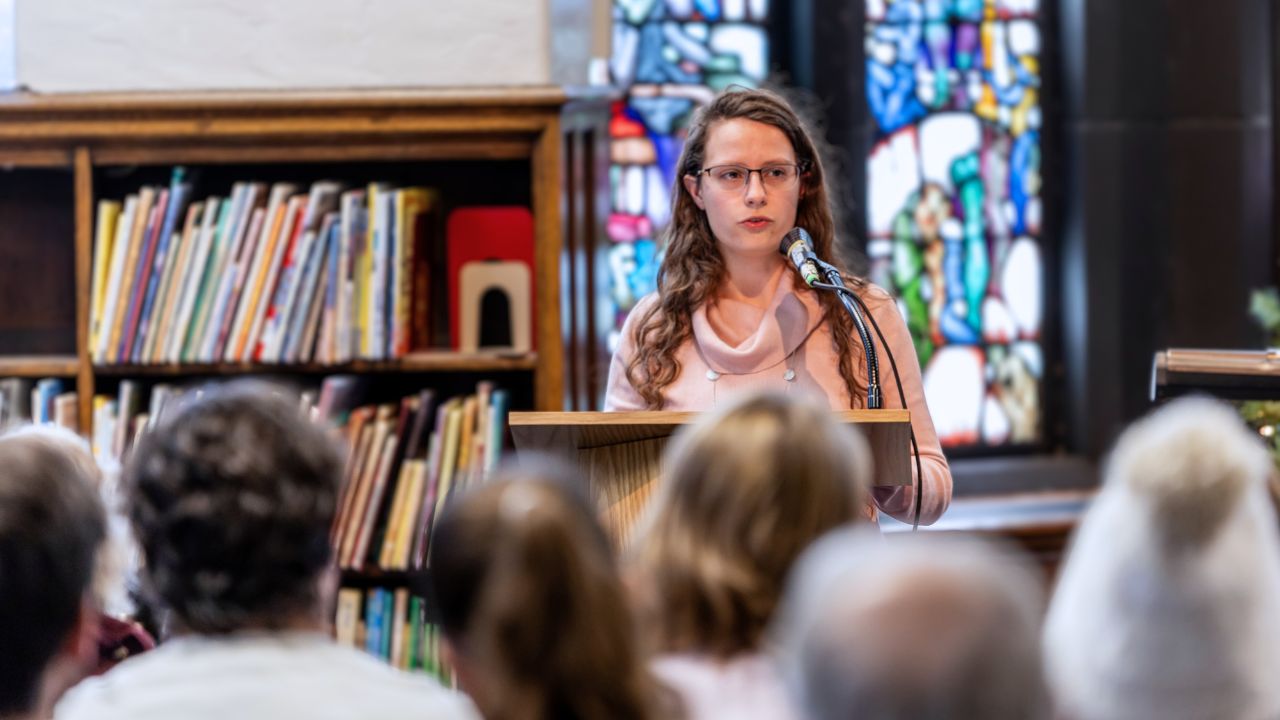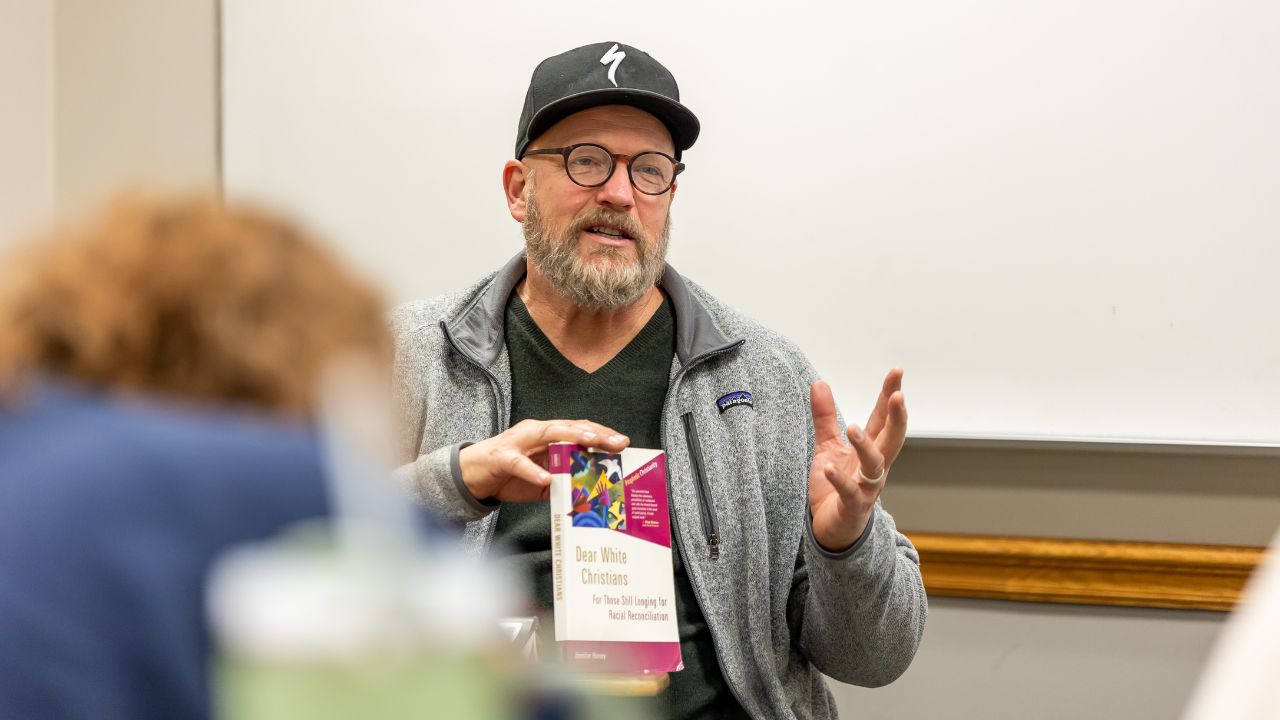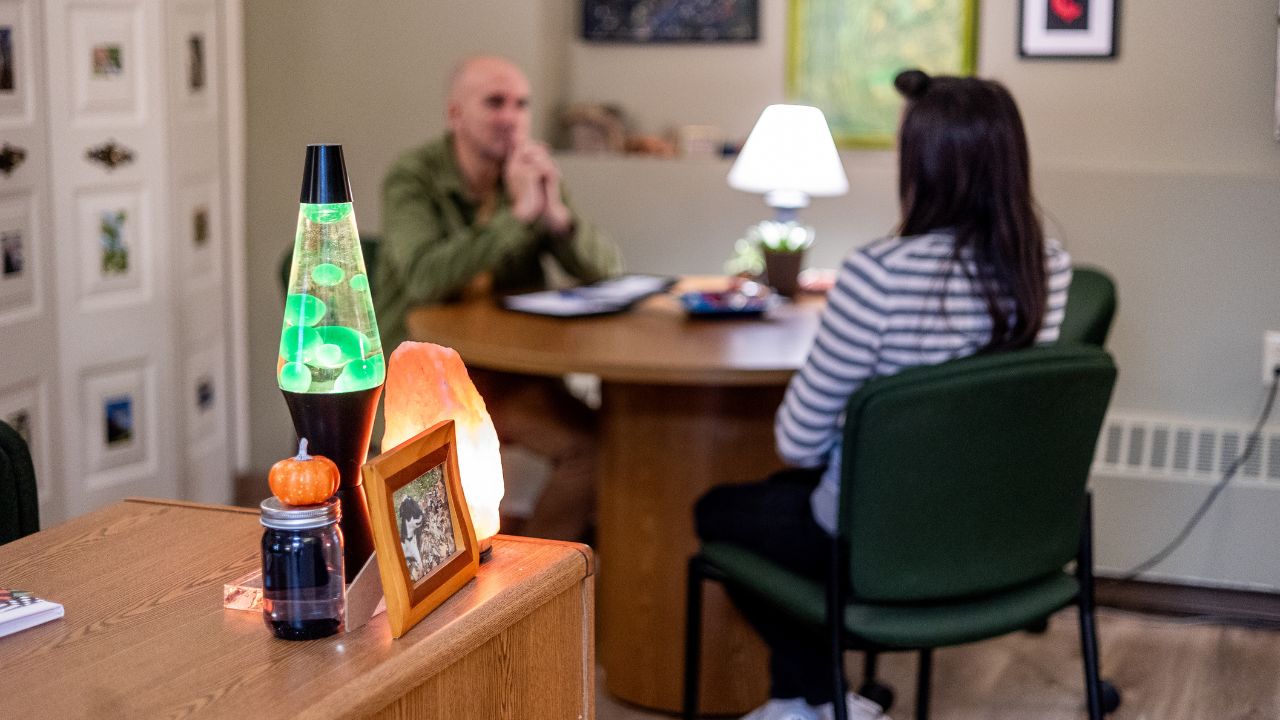
5 Fascinating Facts About Community Development You May Not Have Known
Pursuing a degree in community development allows you to work on improving your local community. The changes you make can boost your own quality of life, as well as the lives of your loved ones and neighbors. When you study community development, you can expect to gain considerable knowledge and skills that can help you contribute to your community. While you might have some idea of what a community development degree program offers, here are five facts you might not be aware of.
- Gain Opportunities to Make Lasting Change
When you have a community development degree, the change you bring to your local community can have a lasting impact. While you might take immediate action to solve an ongoing or urgent issue, the results can lead to change that lasts for a long time. You can also work on making large-scale changes that improve your community gradually over the years. Knowing that your efforts could lead to significant change in your community can help make this type of work highly rewarding and satisfying.
Geneva College offers a community development degree program that focuses on approaching this work from a Christian perspective. Through this program’s classes, such as Social Change, Christians and the City, Foundations of Christian Community, and Sociology of the City and Mill Towns, you can learn to build and support your community in various impactful ways. The knowledge you gain in the classroom can be put to use in communities from right here in Beaver Falls to any community in states and nations around the world throughout your career.
- Learn More About the World and Your Local Community
While you might think of degree in community development as an educational focus on your local community, you can expect to learn more about the world. Community development classes can explore global issues and approaches to building community in addition to focusing on local communities.
When you study broader issues, such as immigration or race, you can apply this knowledge to your community to address local concerns or issues. Gaining knowledge on a global scale can encourage you to think outside the box to come up with creative yet practical solutions that improve your community. This knowledge can also come in handy if you move to another community or region, since you can adapt what you’ve learned to your new area.
- Develop an Impressive Skill Set
Studying community development provides you with a chance to develop multiple skills. These skills can help you build a rewarding career while also improving your chance of getting a good job, since many employers are looking for individuals with diverse skills. Having these skills shows that you’ve had a well-rounded education. This kind of degree also shows that you’re able to tackle learning several new skills.
At Geneva College, you can expect to learn the skills you’ll need for a successful career in community development. Some of these include communication, problem-solving, teamwork, and organization and planning skills. You’ll also be developing skills in analytics, adaptability, and self-motivation. As a faith-based degree program, you’ll also be working on developing and improving skills that are central to Christianity, including empathy and a sense of dedication to community-based causes. Other skills you can expect to develop include interpersonal abilities and relationship-building.
- Gain Experience with Local Organizations
You don’t have to wait until you graduate to gain experience helping local organizations. In fact, getting this type of valuable experience while you’re still in school can enhance your education and your future prospects. When you start working with local groups and organizations during your degree program, you’re gaining hands-on experience that allows you to immediately apply what you’re learning. With this kind of experience, you’ll be ready to dive into a community development career right after you graduate.
Geneva College understands the importance of being able to get firsthand experience outside the classroom. We have partnerships with several organizations in the area that allow us to provide students with these experiences. Some of the organizations we’re partnered with include Stray Cat Studios, the Christian Community Development Association, and The Pittsburgh Project. With these partnerships, you can look forward to learning the skills you’ll need both inside and outside the classroom.
- Choose from a Wide Range of Rewarding Career Options
When you’re thinking of earning a community development degree, you might not realize just how many career opportunities this opens up. While careers with community development organizations or public or non-private organizations might seem like the main options available, there are several other career options you can explore. For example, you might find job opportunities with faith-based agencies that allow you to focus even more on applying your faith to improving your community.
Other career options you might find with this type of degree include working with mental health organizations. You might have a chance to expand mental health services in your community or come up with programs that provide mental health outreach to those in need. With a community development degree, you can also look for job opportunities with community education centers, economic development agencies, and public institutions. You can also put your skills and knowledge to use working in human resources management or human services in your local community.
If you’re considering a community development career, please contact Geneva College for more information. Our faith-based Bachelor of Arts in Community Development degree combines real-world experience and academic training for a well-rounded education.
Opinions expressed in the Geneva Blog are those of its contributors and do not necessarily represent the opinions or official position of the College. The Geneva Blog is a place for faculty and contributing writers to express points of view, academic insights, and contribute to national conversations to spark thought, conversation, and the pursuit of truth, in line with our philosophy as a Christian, liberal arts institution.
May 28, 2021Program SpotlightRelated Blog Posts
Request Information
Learn more about Geneva College.
Have questions? Call us at 724-847-6505.











 Online Course Login
Online Course Login